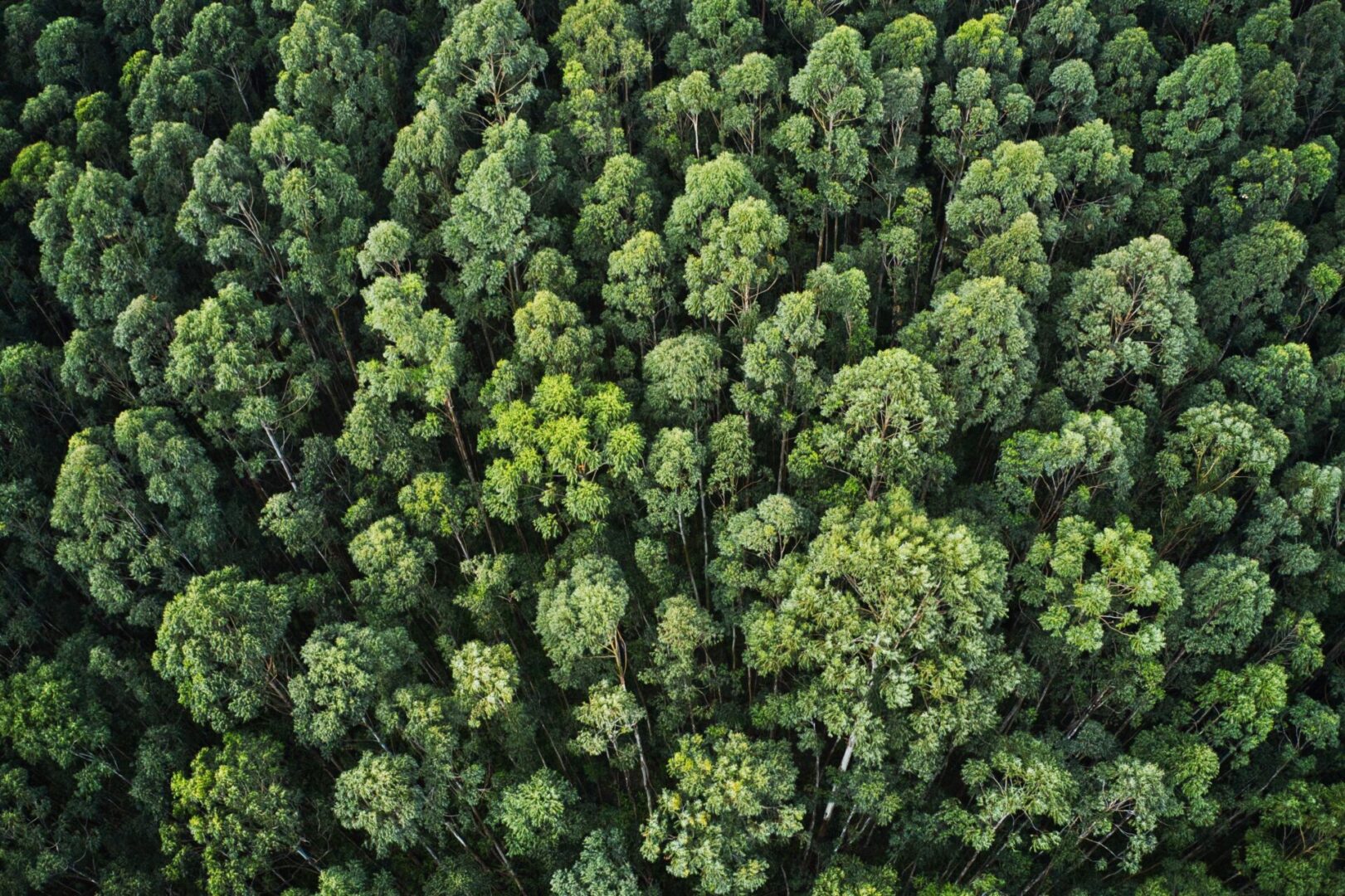Biodiversity and the economy: why their destinies are linked
At a time when biodiversity continues to decline, it is necessary to reflect on the pressures exerted by our economic model, and on the need for a more positive approach to these issues.
Can we exploit infinitely a world with limited resources? This is the existential question that scientists are trying to answer in the face of the accelerated scarcity of biodiversity. Because since the industrial revolution, it is estimated that our planet has lost between 35 and 40% of its biodiversity. Antoine Cadi, president of Tetras Innovating for Nature and Restore, is sounding the alarm. For him, “everything is moving very fast, and the main cause of this disaster is Man and his economic modelof growth”.
Ecosystem services threatened by our growth patterns
But how did we get here? Antoine Cadi cites the alteration of ”ecosystem services”, which before their gradual disappearance, allowed ecosystems to maintain themselves naturally. The example often given is that of pollination, a service rendered to nature by insects, but which is less and less so as they disappear. Considered for too long as «free» by our societies, these services have been widely exploited without ever being restored, which in turn penalises a whole series of economic sectors.
“Today,” says Astrid Liedes of Sienna IM, ”it is estimated that nearly 50% of the world’s GDP is based on these services.” Among the other figures given by the Responsible Finance Analyst, to illustrate this interdependence, the fact that 72% of European companies will face economic problems due to the degradation of ecosystems. […] To read the full article, click on the link below.
Download PDF